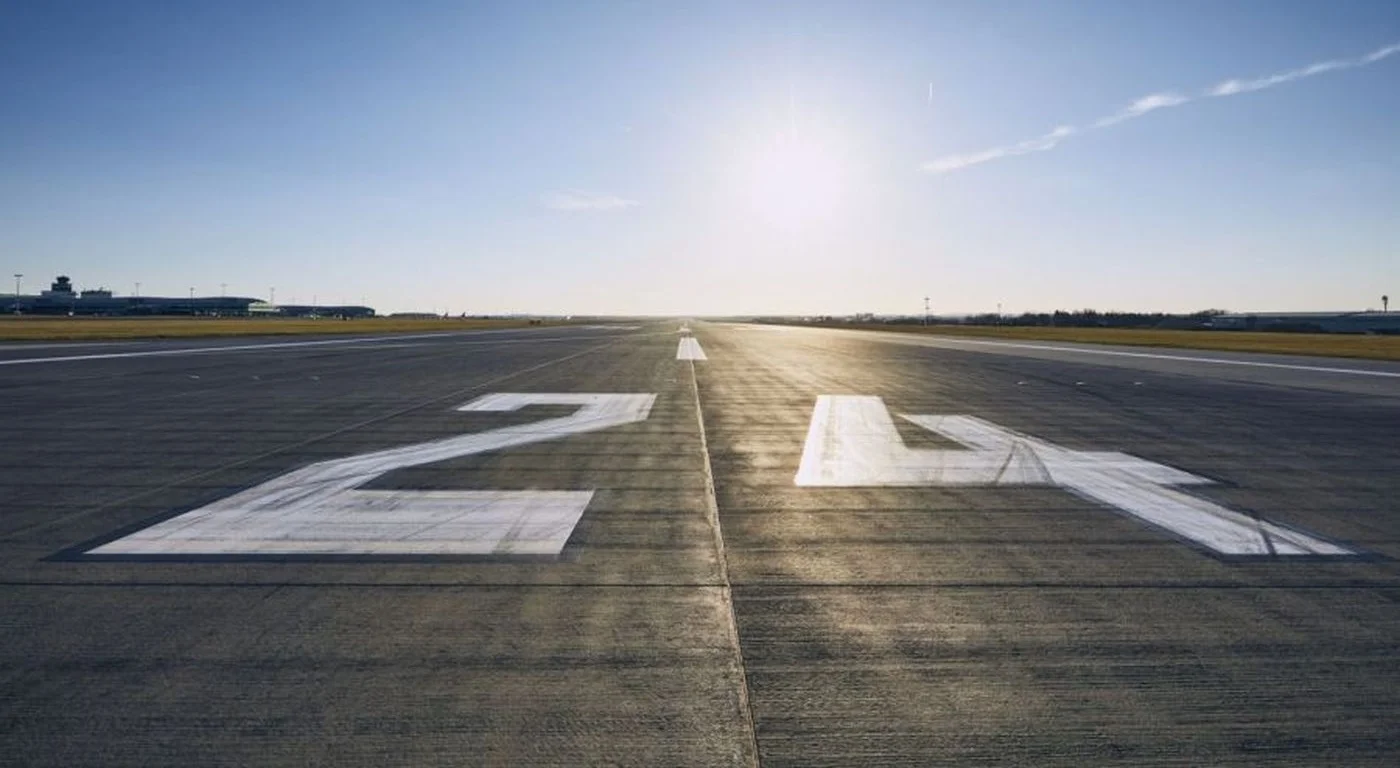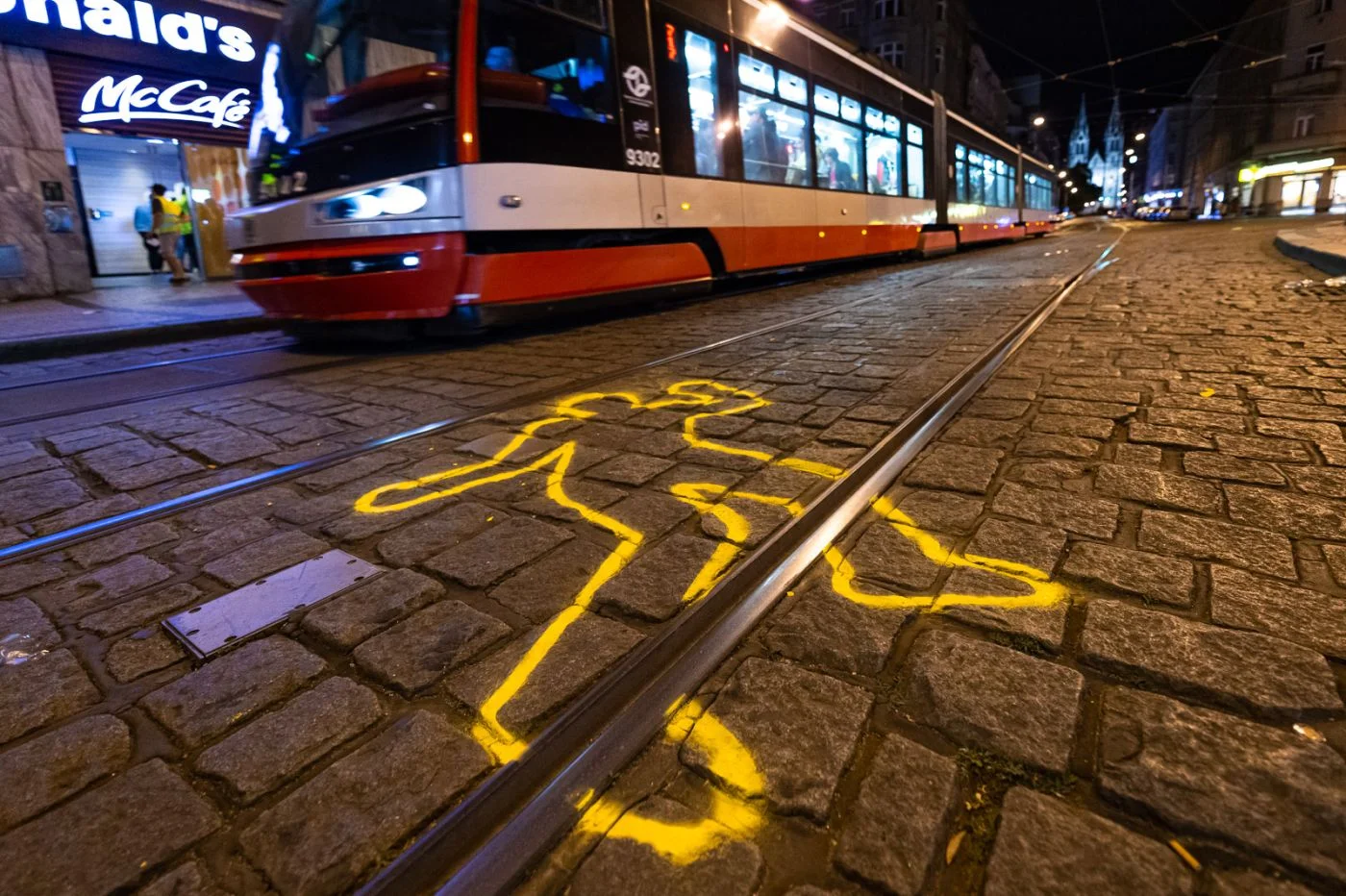
Record Number of Blocked Internet Domains in the Czech Republic
But Only Four Are Currently Considered Truly Dangerous
Foto: Glenn Carstens-Peters | Unsplash
The number of blocked internet domains in the Czech Republic has reached a record high. While only a few addresses are actually deemed dangerous, hundreds of websites end up in quarantine due to formal deficiencies. Experts are nevertheless warning of a growing phishing threat.
The number of blocked internet domains in the Czech Republic has hit a new peak. According to the latest data from domain administrator CZ.NIC, 1,166 .cz domains are currently blocked – just a month ago, the figure stood at 809. The striking detail, however, is that only four of these addresses are actually classified as dangerous.
For months, the number of blocked domains had been declining – in March, it was still at 665. But since April, the trend has reversed: initially, the number began to climb slightly, reaching 809 in June, and now it has risen to its highest level this year.
However, as reported by the news portal Novinky.cz, the majority of blocked websites are not fraudulent or phishing pages. Many domains are temporarily placed in “quarantine” because their owners provided incorrect contact details or failed to list a contact person. If there is no response to CZ.NIC’s request, the domain is permanently deleted after 30 days.
Additional blocks are imposed at the request of investigative authorities or other government bodies.
At present, only four domains are classified as truly dangerous: 3dmfcr.cz, mfcrbo.cz, id-mfcr.cz, and edallinice.cz. Cybercriminals had apparently tried to imitate official websites of the Ministry of Finance, attempting to deceive unsuspecting users with fake payment requests or supposed offers for cheap e-vignettes.
Such phishing sites regularly reappear – particularly during the holiday season, when many people are less vigilant. Offenders often register these addresses with false information, making their identification virtually impossible.
CZ.NIC updates the list of blocked domains hourly, meaning it can change several times a day. Those wishing to stay informed can find the latest overview directly on the administrator’s website.
The fact that cybercriminals constantly adapt their methods shows that even if a fake site is blocked today, a new one could appear tomorrow. Staying cautious with suspicious links and spotting typos in web addresses remains essential.



